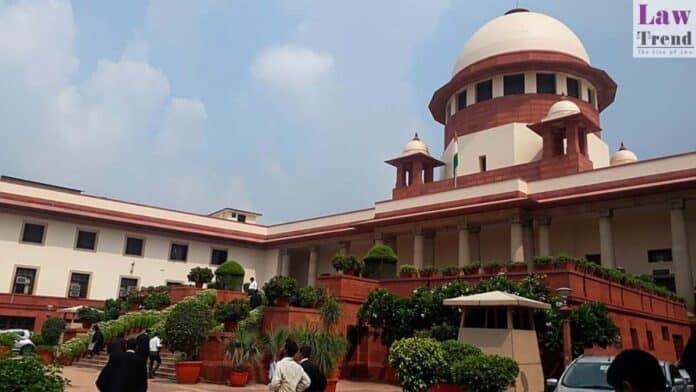In a significant ruling that reinforces the principles of fairness in judicial service promotions, the Supreme Court of India held that candidates under the merit-cum-seniority quota must be evaluated individually for their suitability and cannot be denied promotion solely due to their placement on a merit list. The judgment was delivered by a bench comprising
To Read More Please Subscribe to VIP Membership for Unlimited Access to All the Articles, Download Available Copies of Judgments/Order, Acess to Central/State Bare Acts, Advertisement Free Content, Access to More than 4000 Legal Drafts( Readymade Editable Formats of Suits, Petitions, Writs, Legal Notices, Divorce Petitions, 138 Notices, Bail Applications etc.) in Hindi and English.




